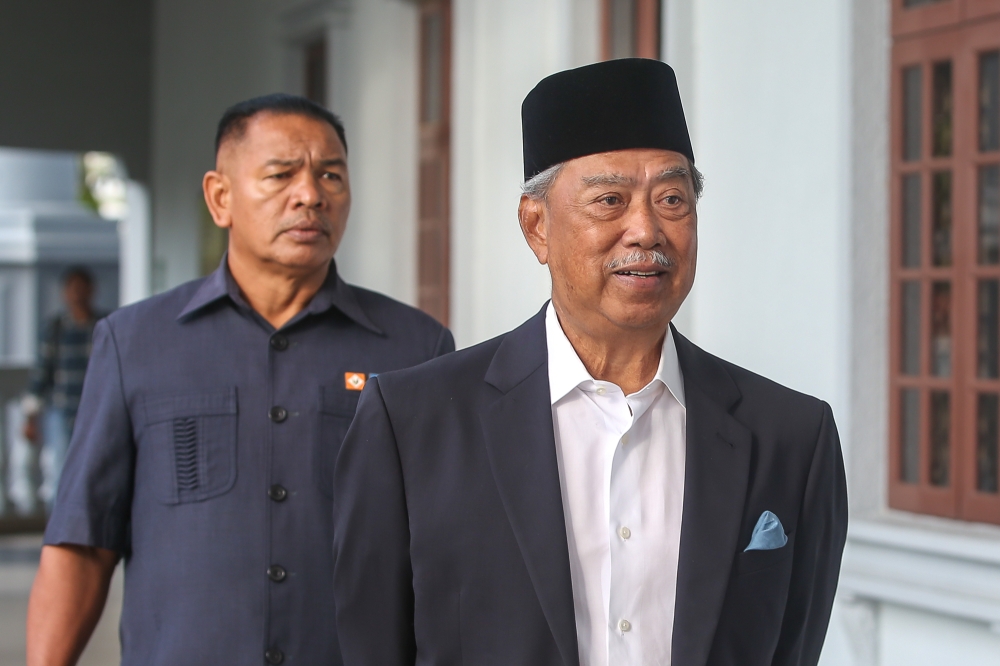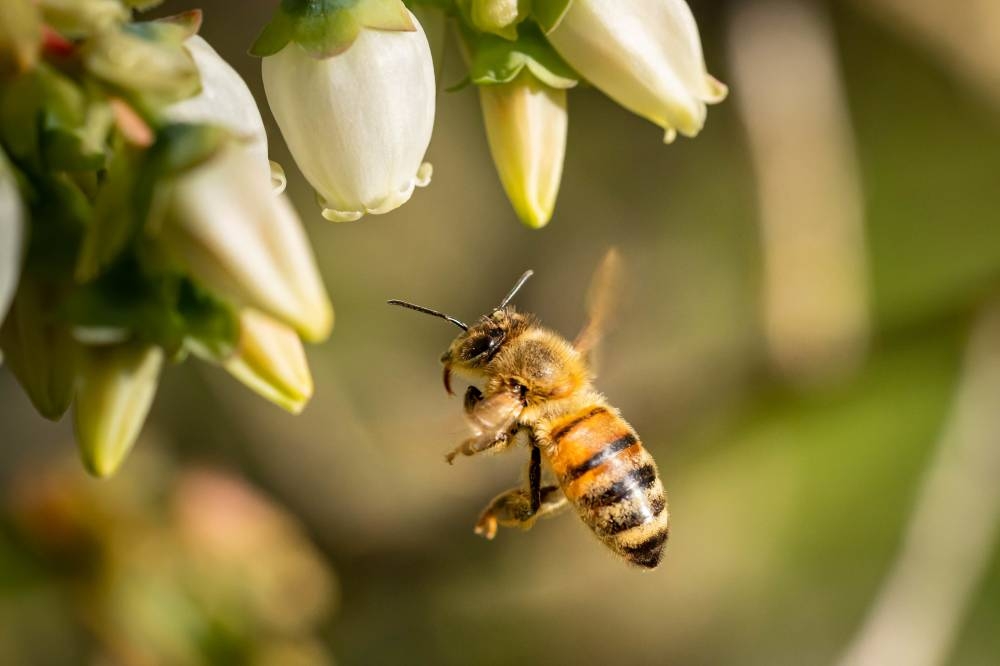KUALA LUMPUR, May 21 — The population of bees worldwide is increasingly being threatened due to changes in climate and soil status as well as the widespread use of pesticides, Deputy Agriculture and Food Industry Minister Datuk Seri Ahmad Hamzah has reportedly warned.
Ahmad was quoted by Sinar Harian saying the lack of bee population will affect the pollinations that produce food sources in the ecosystem subsequently also affecting the lives of the human population in Malaysia, as the honey bees, solitary bees, stingless bees and bumblebees are pollinating agents.
"The situation around the world this year shows a significant decline in the bee populations. The extinction rate of pollinating agent species such as bees is now 100 to 1,000 times higher than normal due to the impact of human activities.
"Changes in land use and landscape structure, intensive agricultural practices, monoculture and use of pesticides contribute to the fragmentation and degradation of their habitat," he reportedly said in his speech at the 2022 World Bee Day Launch and Celebration in Serdang.
Ahmad said climate changes like rising temperatures, droughts, floods, past climatic events and changes in flowering time may also have negative effects that can affect the pollination efficiently.
"In the West alone, there are millions of bee colonies lost due to the phenomenon of disturbance to colony destruction since 2007. In Malaysia, there was a large loss of bee population around 1996 to 1997 due to a disease outbreak that could not be well controlled at that time.
"In 2016, thousands of farmed colonies of stingless bees died due to the El Nino phenomenon," he reportedly said.
He said conserving bees and managing them efficiently can preserve food chain resources specifically in the agricultural sector.
"I was also informed that the MY Bee Savior initiative is part of the efforts of the Malaysian Agricultural Research and Development Institute (Mardi in raising public awareness on the importance of bee sustainability.
"The initiative established in 2015 has expanded its activities not only to save bees by moving them from the area to the shelter, but also to reintroduce bees in agricultural areas that are already losing their population.
"This also includes designing and planning public awareness campaign activities from social media to local programs,” he explained.
Ahmad also added that the Ministry of Agriculture and Food Industry sees great potential in the bee industry to realize the ministry's direction towards strengthening the country's agro-food sector and upgrading the income of the target group.
"This is in line with MAFI's direction to make the bee industry a strong, sustainable and profitable source of income. In fact, this industry can improve the agricultural industry ecosystem that supports agricultural modernisation, private sector investment and development activities," he said.



















